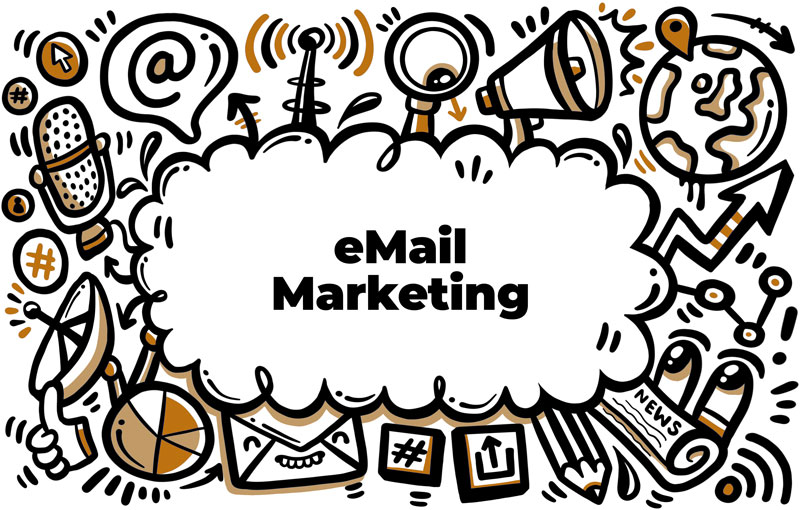Email Segmentation for Small Businesses – Boost Your Email Marketing Results
The Importance of Segmentation in Email Marketing for Small Businesses
In today’s competitive business environment, small businesses must employ every strategy to stand out and succeed. Email marketing, when done correctly, can be an incredibly effective tool for generating leads and fostering customer loyalty. One essential aspect of successful email marketing is segmentation – dividing your email list into smaller, targeted groups based on specific criteria. This article will discuss the importance of segmentation in email marketing for small businesses and how implementing this strategy can significantly improve your campaign results.
What is Email Segmentation?
Email segmentation divides your email list into smaller, more targeted groups based on various factors, such as demographics, interests, past purchases, and engagement levels. By creating these targeted segments, you can send personalised, relevant content to each group, resulting in a higher likelihood of engagement, conversions, and overall customer satisfaction.
Benefits of Email Segmentation for Small Businesses
- Higher Open Rates: By sending targeted, relevant content to your subscribers, you increase the likelihood of them opening your emails. A generic, one-size-fits-all email is more likely to be ignored or deleted. Segmentation enables you to create content that speaks directly to each subscriber’s interests, increasing the chances they will open and engage with your emails.
- Increased Click-Through Rates: When your emails contain content tailored to your subscribers’ interests and needs, they are likelier to click on the links within the email. This results in higher click-through rates and, ultimately, more conversions.
- Improved Customer Retention: You build a stronger relationship with them by continually providing your subscribers with relevant, personalised content. This, in turn, fosters brand loyalty and encourages repeat business.
- Reduced Unsubscribe Rates: When subscribers receive irrelevant or uninteresting content, they may choose to unsubscribe from your mailing list. Segmentation helps ensure you deliver content that resonates with each subscriber, reducing the likelihood they will opt out of your emails.
How to Implement Segmentation in Your Email Marketing
- Collect Data: Begin by gathering information about your subscribers through signup forms, surveys, or interactions on your website. The more information you have about your subscribers, the better you can segment and target your emails.
- Analyse and Identify Segments: Analyse the data you’ve collected and look for trends or patterns. Identify the key segments within your subscriber base and develop targeted content for each group.
- Create Targeted Campaigns: Craft personalised, engaging content for each identified segment. This could include exclusive offers, tailored product recommendations, or informative articles relevant to their interests.
- Monitor and Adjust: Continuously monitor the performance of your segmented campaigns. Analyse open rates, click-through rates, and conversion rates to determine the effectiveness of your segmentation strategy. Adjust your approach as needed to improve your email marketing results continually.
Take Your Email Marketing to the Next Level with Segmentation
Now that you understand the importance of segmentation in email marketing for small businesses, it’s time to implement this strategy. By delivering targeted, personalised content to your subscribers, you’ll see a noticeable improvement in your email marketing performance. Segmentation benefits your business and enhances the experience for your customers, making it a win-win strategy for all involved.
In conclusion, segmentation is crucial to successful email marketing for small businesses. By embracing segmentation in your email marketing strategy, you can significantly improve the overall effectiveness of your campaigns and foster lasting relationships with your customers. By dividing your email list into targeted segments, you can deliver personalised, relevant content that resonates with your subscribers. This results in increased engagement, higher click-through rates, improved customer retention, and reduced unsubscribe rates. To get started with segmentation, collect data about your subscribers, analyse and identify critical segments, create targeted campaigns, and continuously monitor and adjust your approach.



